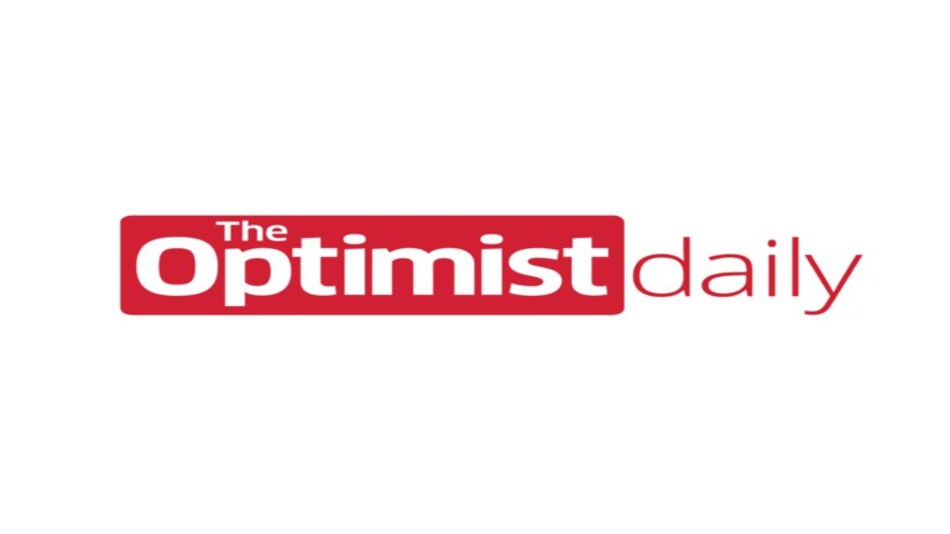Paired with the rising cost of college tuition, the astronomical growth of textbook prices makes many students’ dreams of attending a university fall well short of a reality. Data from the Bureau of Labor Statistics shows that from 1977 to 2015 the cost of textbooks rose over three times the rate of inflation, totaling a 1,041% increase.
Equal access to education will never happen when students are consistently being priced out of the higher education system, something that the nonprofit organization OpenStax recognizes. That’s why the nonprofit based at Rice University is leading the charge in the open educational resources movement by providing free textbooks to students.
For years, the sale and distribution of college textbooks has been the same: textbook companies sell books to faculty members, faculty members assign the books to students, and students are required to buy them in order to access the learning material. Textbook companies have had free reign over pricing and formatting, leaving consumers with little choice but to pay up.
There have been legislative attempts to address this issue, but they’ve fallen short. The 2008 Higher Education Act required publishers to end the practice of bundling together unnecessary texts for increased profit. However, this attempt to eliminate unnecessary spending on bundled textbooks has been stymied by companies that found loopholes in order to increase profit.
OpenStax is committed to helping students take back control of their futures, and their finances, by providing access to free college textbooks. They’re dedicated to putting an end to the current model by focusing on the students’ needs, giving them access to free online textbooks or print copies at a fraction of the cost. Working with philanthropic foundations and other educational resource companies, OpenStax publishes high-quality, peer-reviewed, openly licensed college textbooks that are absolutely free online and low cost in print. What’s nifty about the digital textbooks is that they can be updated or corrected whenever is needed, which also takes away the motive to make unnecessary updates.
OpenStax has a bold mission, but the numbers show that they’re actually making a difference for students: Since 2012, OpenStax has saved nine million students over $830 million. On top of that, the average price of textbooks is beginning to decrease for the first time in 50 years, something economists attribute to the price-pressure that open educational resources like OpenStax have put on the market.












